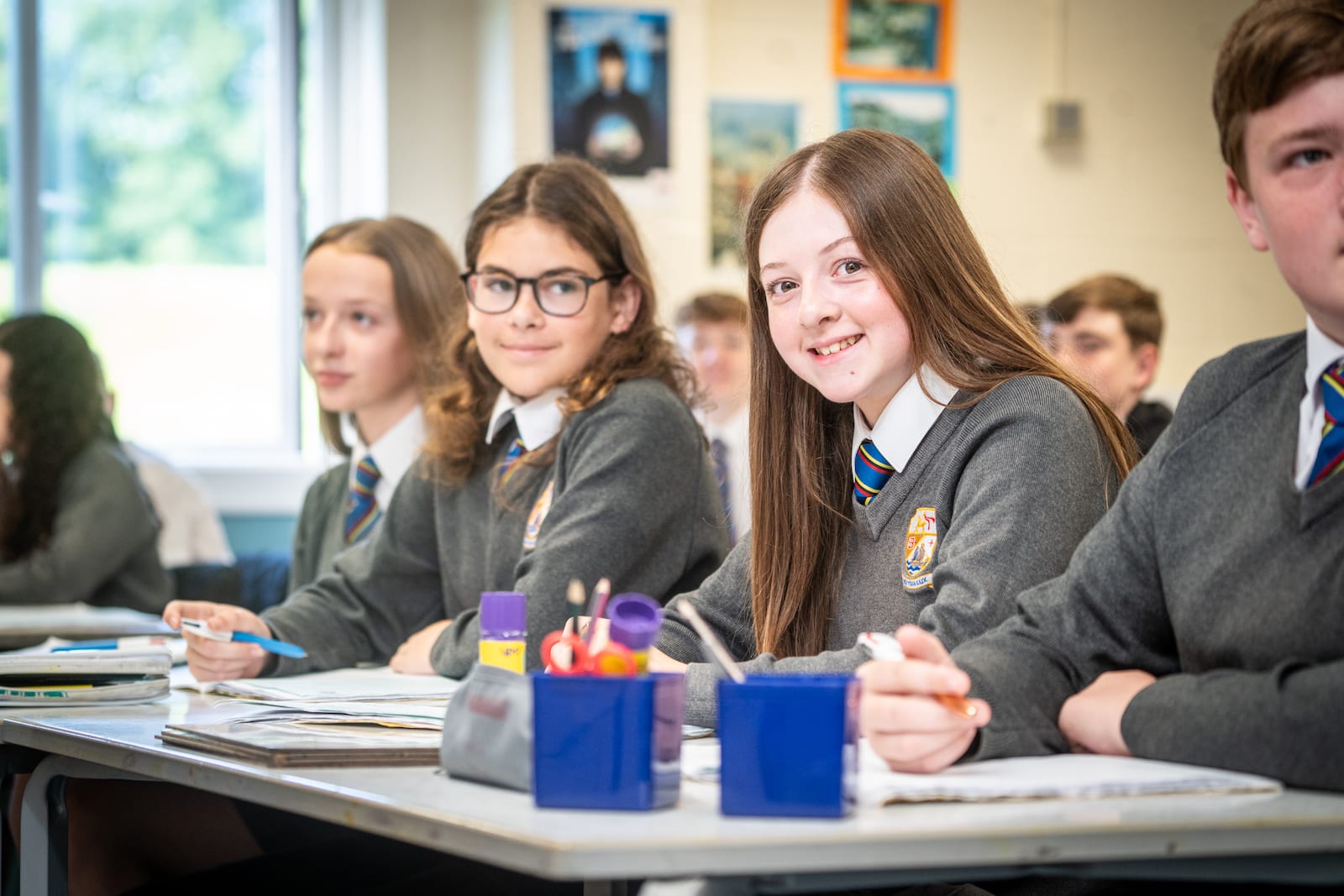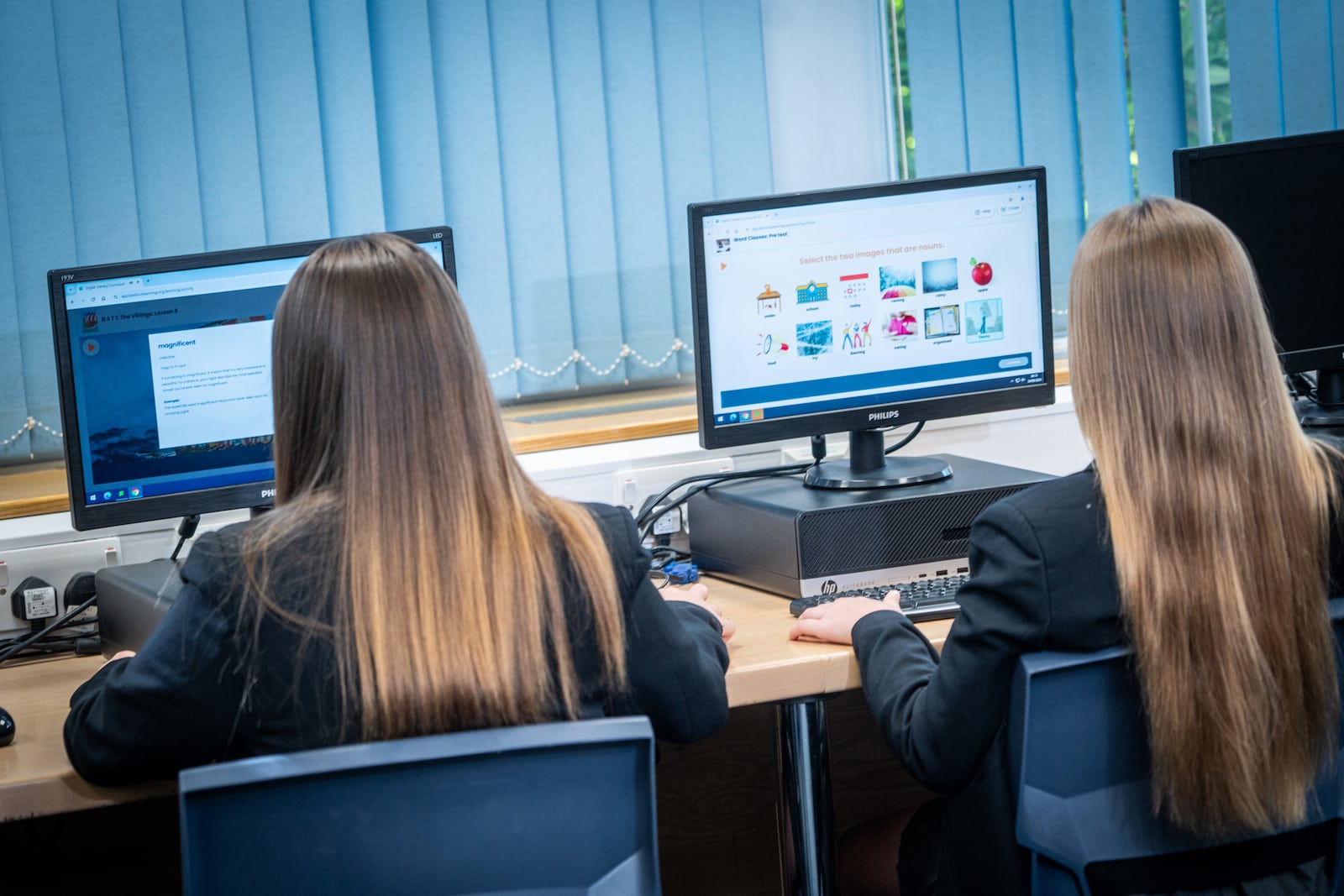The aim of the History curriculum at St Bede’s is to fire pupils’ curiosity to ask questions and know more about Britain’s past and that of the wider world. The curriculum seeks to ensure that by the end of KS3 all pupils have a broad knowledge and understanding of the significant people, events and developments and their impact in their local communities, in Britain and the world from 1066 to the 21st century.
Pupils are offered the opportunity to engage with a wide variety of cultural sources and experiences, which aids the development of a rich cultural capital. [Engage with the past]
We aim to inspire a life-long love of History and want to develop passionate historians and independent learners who seek further knowledge, value hard work and education. Learners who want to ask questions, think critically about evidence, and understand the impact and relevance of the past on the world and society today. [Explore the present]
We aim to ensure that pupils by the end of KS3 and KS4 have developed their beliefs, moral compass and understanding of their own choices and responsibilities. We aim to ensure pupils have the knowledge and skills to embrace the future as truly global citizens. [Embrace the future]
Year 7
In Year 7 pupils study the key events and changes in the history of Britain from pre – 1066 to the Stuarts. The topics covered include life in Anglo Saxon England, the Norman Conquest and the reign of King John. Pupils undertake a significance study looking at the impact of the Black Death and the Peasants’ Revolt on 14th century society. In the final term pupils investigate the key issues surrounding religious change in the Reformation and the extent of catholic opposition up to the reign of King James I.
Year 8
In Year 8 pupils look in detail at the key events and changes in British life from the Stuart period to the early 20th century. The units covered include the Civil War in Britain, the Restoration, the Industrial Revolution and the causes of World War One. Pupils also complete a depth study looking at the transatlantic slave trade. We complete the year with an enrichment unit entitled violence or persuasion looking in depth at the issue of bringing about change in History.
Year 9
In Year 9 pupils study the key events of the modern world. Topics covered include the impact of the Treaty of Versailles and the growth of fascism in the 1930’s. Pupils undertake a depth study looking at how and why the Holocaust happened. In the latter half of Year 9 pupils undertake a series of studies to deepen their understanding of the modern world. These include: the key events of the Cold War and the civil rights movement in the USA. Pupils complete KS3 by looking in depth at the development of modern British society post 1945.
Pearson Edexcel GCSE Overview
Paper One – Thematic Study and historic environment [30% of the final exam]
Medicine in Britain, c 1250 to present and the British sector of the Western Front, 1914- 8; injuries, treatment and the trenches.
Written examination 1 hour and 15 minutes
Paper Two – Period study and British depth study [40% of the final exam]
- Early Elizabethan England, 1558 – 1588
- Superpower relations and the Cold War, 1941 – 1991
Written examination 1 hour and 45 minutes
Paper Three – Modern depth study [30% of the final exam]
Weimar and Nazi Germany, 1918 – 1939
Written examination 1 hour and 20 minutes
The study of history throughout key stages 3 and 4 is an exploration of the human journey from the 2nd century BCE to the present day. The history curriculum facilitates an in-depth exploration of the developments in topics such as human rights and civic responsibility. Through units such as the Holocaust, the Transatlantic Slave Trade and the Civil Rights movements in the USA and the UK pupils explore the principles of human dignity and social responsibility outlined in Catholic social teaching. The history curriculum also explores the development of the fundamental rights of individuals and groups with the study of topics such as the formation of the Magna Carta, the abolition of the slave trade, workers’ rights, the changing role of women the role of the United Nations. At the core of the study of history is an exploration of the principles of the issue of human dignity and human responsibility. The history curriculum undoubtedly deals with the darker side of human activity through the study of war and conflict. In the study of these topics, pupils are taught to explore not only what happened but to think compassionately and critically about what we can learn from these historical events about the value of all human life. The discipline of history teaches pupils to be reflective, thoughtful and discerning in their approach to the accuracy of what they read, see, and hear.
Our curriculum is supported by a range of enrichment activities. These include museum and theatre trips, GCSE workshops and revision sessions. In lessons we make cross-curricular links and pupils undertake enrichment projects at KS3 to support their learning. We also use a broad variety of sources to develop pupils understanding of their local context and the history of their community.


